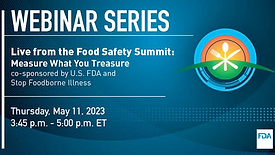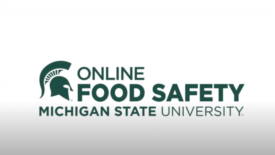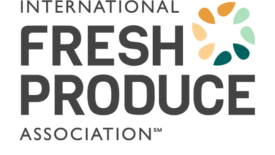Management
In what ways is your brand either superior to or deficient from the behaviors revealed by your colleagues?
Read More
BIZTRACKS
Interactive “Food Safety Ninja” Website Launched by Local Health Department
March 27, 2023
BIZTRACKS
MSU Food Safety Culture Workshop Featuring Frank Yiannas, Bill Marler
March 24, 2023
Never miss the latest news and trends driving the food safety industry
eNewsletter | Website | eMagazine
JOIN TODAY!Copyright ©2025. All Rights Reserved BNP Media.
Design, CMS, Hosting & Web Development :: ePublishing










